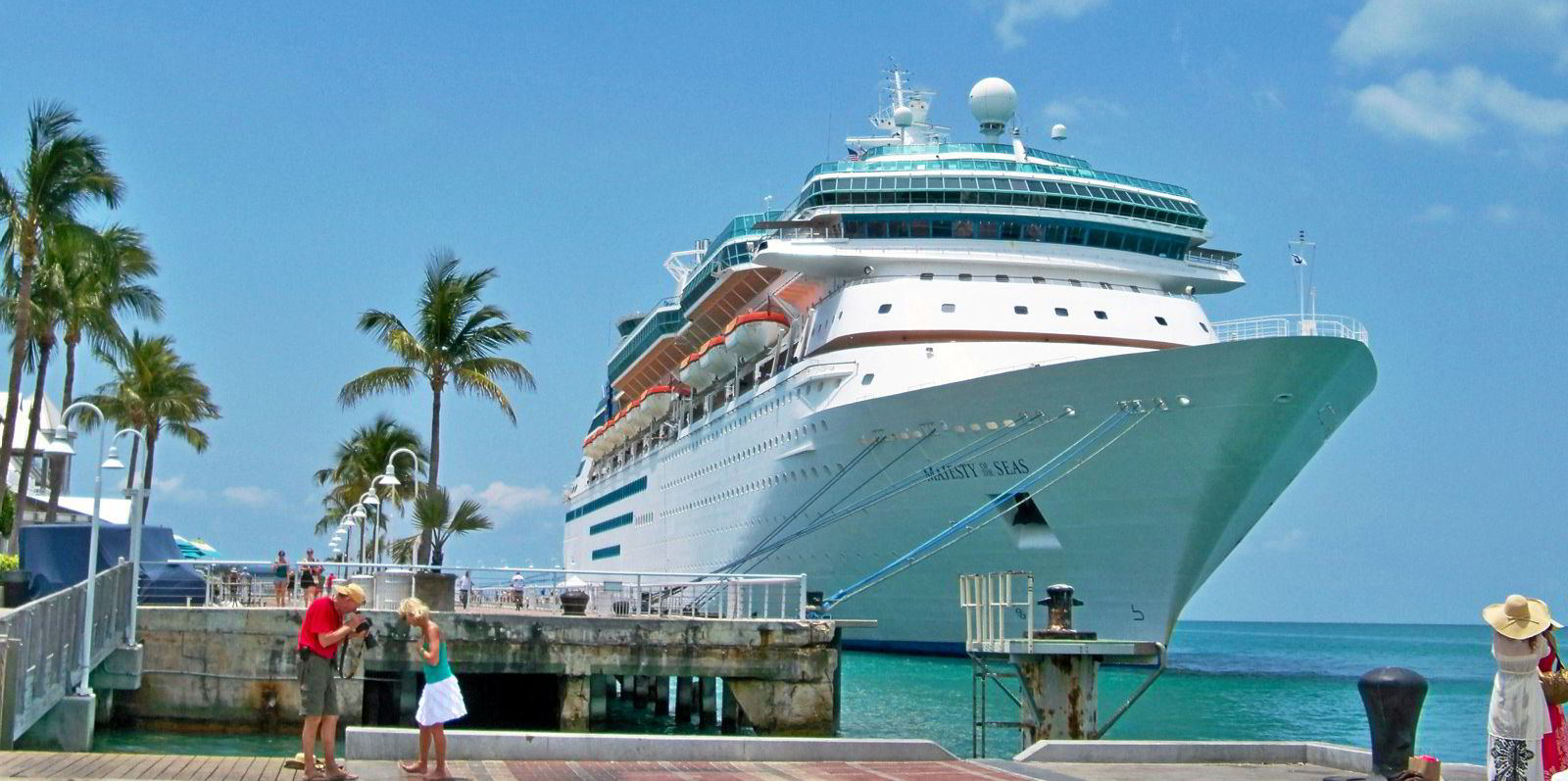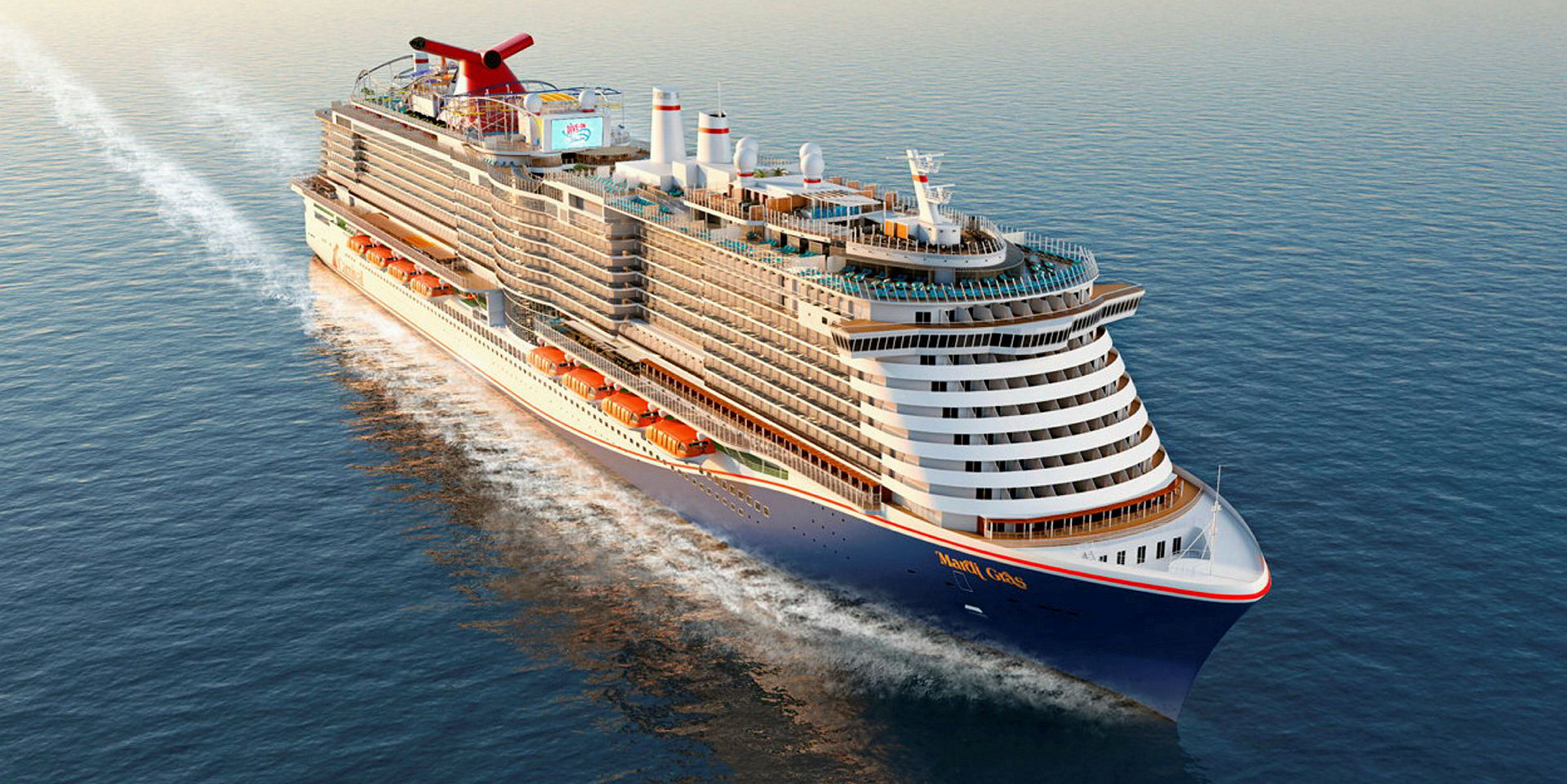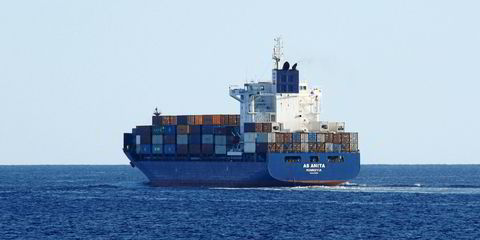Covid-19 has caused cruiseship scrapping to near the volume of deliveries as asset values plummeted in 2020, setting the sector up for the lowest annual fleet growth in years.
Cruiseship owners sent nine vessels to scrapyards this year in an effort to offset billions of dollars in losses, while taking in only 12 newbuilding deliveries, according to VesselsValue.
By comparison, they scrapped one ship in 2019 but accepted 24 new vessels.
"To save on lay-up costs and to free up cash flow for incoming deliveries, the major operators chose to scrap their older less-efficient vessels," VesselsValue cargo analyst Guy Cooper told TradeWinds.
"In 2020, for the first time in many years, the balance between removals and deliveries was progressively more aligned."
The cruise majors, particularly Carnival Corp, are using the industry-wide shutdown since March as an opportunity to get rid of their oldest ships in a down market, Tigress Financial Partners Ivan Feinseth said.
"Obviously, the demand for ships that cannot produce revenue is going to be depressed, but the marginal sellers set the price, so I don't think it's an accurate view of the market," he told TradeWinds.
"Better ships are coming so they're getting rid of some dead wood. Everybody wants the latest and greatest ships."
Carnival alone scrapped four vessels that were built in the 1990s and sold another 14 ships for continued use as a passengership, accommodation vessel or other purpose to new owners.
Royal Caribbean Group just sold two ships to undisclosed buyers in a move that ended months of market speculation: the 74,000-gt Majesty of the Seas (built 1992) and 48,600-gt Empress of the Seas (built 1990).
Royal Caribbean also scrapped three Pullmantur Cruceros ships after the Spanish joint-venture began bankruptcy proceedings at the beginning of the pandemic.
Before many deliveries were pushed back, cruiseship owners originally planned to accept 22 newbuilding deliveries this year, but cancelled almost as many orders as they struggled to stay afloat amid the virus' disastrous market effects.
"The flurry of ordering activity experienced between 2014 and 2018 was an attempt by cruise companies to keep on top of the ever-growing demand for travel," Cooper said.
"This demand currently sits at record lows due to restrictions brought about by Covid-19."
He said the reeling industry is expected to recover from unprecedented losses in 2021 and beyond, amid pent-up demand and Covid-19 vaccinations, but still needs to prevent overcapacity.
"Going forward, cruise companies and shipbuilders must now be cautious not to oversupply the market without the increase in demand to match," he said.
"By 2028, the fleet is projected to increase in size by 28% with the ability to carry over 925,000 passengers at any given time."
The industry’s 104 newbuildings on order up to the end of 2028 account for 34% of the global orderbook value of $178bn but only 2.4% of all 4,344 vessels set for delivery by that year.
The cruise sector's 367 ships account for only 0.5% of 69,851 ships worldwide but hold a whopping 8.4% of their total value, despite falling 25.6% to $126m in 2020, VesselsValue data show.
The industry is still scheduled to accept a record-breaking 31 newbuildings worth $13.6bn next year alone and sail 472 vessels by 2028, assuming no ships are scrapped.
"A quick and confident return of demand is paramount for the industry to rebound, otherwise we should expect to see further delays and removals in an attempt to balance things out," he said.
"Hopefully the Covid-19 vaccine will be the catalyst that propels the cruise industry back onto its previous positive trajectory.
"The stock market is already starting to reflect this with share prices for the major cruise lines over double what they were back in April."
Cruiseships have lost so much value because the pandemic has turned them into floating liabilities that make absolutely zero revenue, said Paul Wilcox, director of auction-focused shipbroker CW Kellock.

"Cruiseships are particularly costly to maintain. Passengers expect high standards of their hotel facilities, and they cannot easily be mothballed while the pandemic runs its course," he told TradeWinds.
“And in contrast to merchant shipping where there is usually some cargo to be moved at whatever rate, while passengers are absent, income is zero.”







